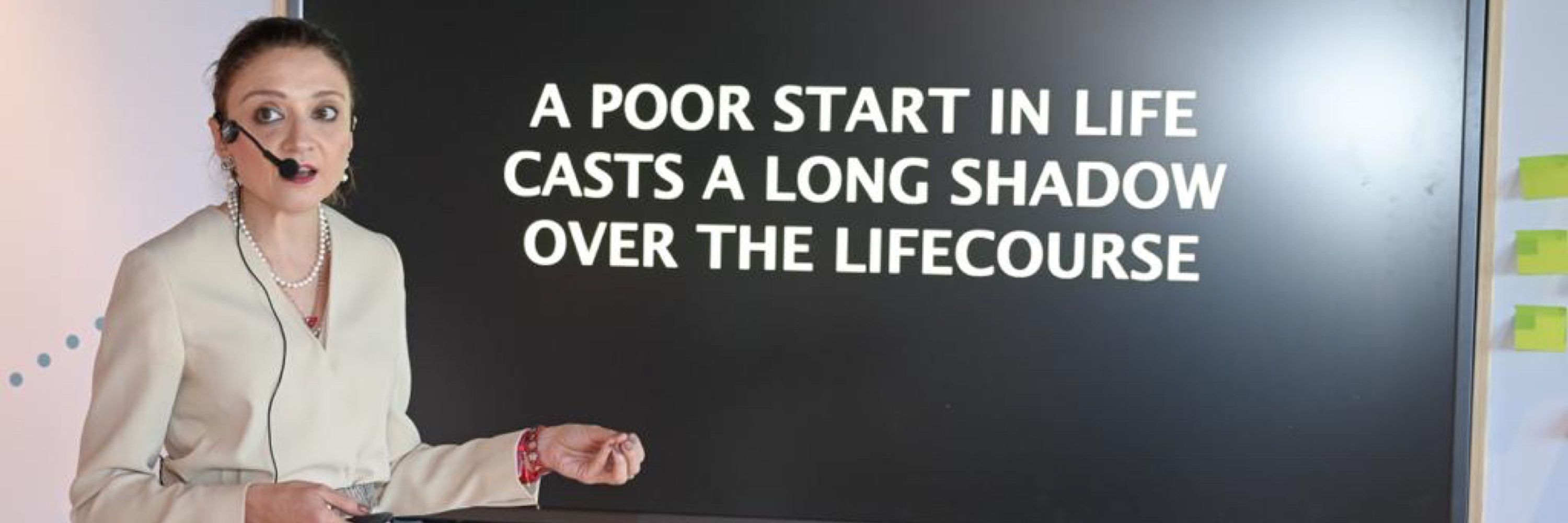
Professor of Economics at UCL
Research Fellow at IFS, CEPR, CESIFO, IZA
Grateful for the chance to reconnect, collaborate and contribute! ✨🇮🇹
The APPG is quickly becoming a vital space for evidence-driven, cross-party progress. Energising to be part of this effort. ✨
1️⃣ #Workforce: recruitment, retention, and clarity on who delivers what from pregnancy–age 2.
2️⃣ #Integration: reduce the maze; rebuild universal, joined-up support.

📅 Submission deadline: 26 January 2026
🔗 www.ifo.de/en/cesifo/ev...




Double duties! Spoke at the Early Intervention Consortium + presented “Workforce Quality & Early Childhood Development at Scale” — last time before the WP drops.
Tx to Hans van Kippersluis for the invite!🙏🏼


smartthinking.org.uk/awards-list-...
1️⃣0️⃣y ago we began this journey w/ our 1st @nuffieldfoundation.org grant—which brought ckfarquharson.bsky.social on board. Proud of how far we’ve come together.🚀
Reposted by Gabriella Conti

The press release is probably useful: www.ucl.ac.uk/news/2025/ma...
👉🏻 ifs.org.uk/publications... @TheIFS
Recent coverage includes:
📰 Daily Mail: www.dailymail.co.uk/health/artic...
🗞️ USA TODAY: eu.usatoday.com/story/life/h...
Reposted by Aaron Sojourner

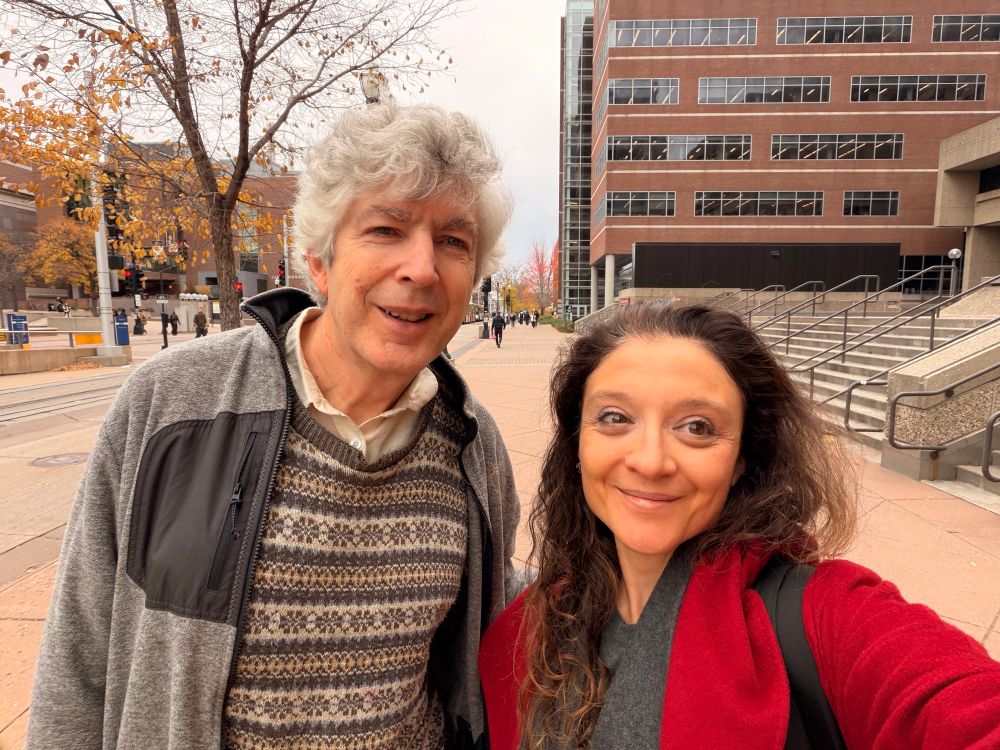


Tx @egolberstein.bsky.social 4 invite!🙏🏼
Reposted by Mariacristina De Nardi




Productive time interacting w/ coauthors & researchers + v engaged seminar on workforce in large-scale home visiting.
Many thanks to Abigail Wozniak for the invite & to @mdenardi.bsky.social for hosting - had a great time! 🙏
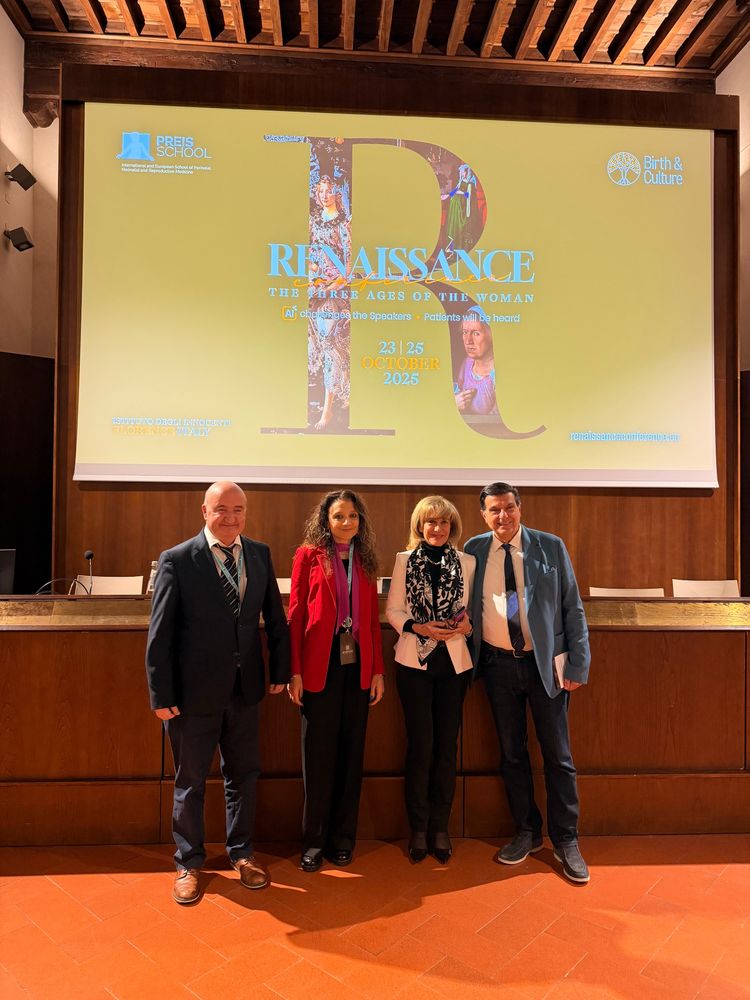



👉 kosmas.eventsair.com/renaissance-...
1⃣ Economics of interventions in maternal–fetal medicine — w/ focus on preconception
2⃣ The #menopause penalty — new evidence
Loved the interdisciplinary exchanges b/w economics & medicine
Reposted by Christine Farquharson
🏆 Learn more: www.ons.gov.uk/aboutus/what...
🗳️ We need your help! Please cast your #vote in the People’s Choice Award by Friday 31 October 2025👉🏻 forms.office.com/pages/respon...
👶🏻👧🏼 Dai dati dell’#AssegnoUnico emergono forti disuguaglianze territoriali e sociali nella disabilità infantile in 🇮🇹.
🔗 Studio con Paola Biasi e Maria De Paola qui 👉🏻 ifs.org.uk/publications...
#Disabilità #Infanzia #Italia
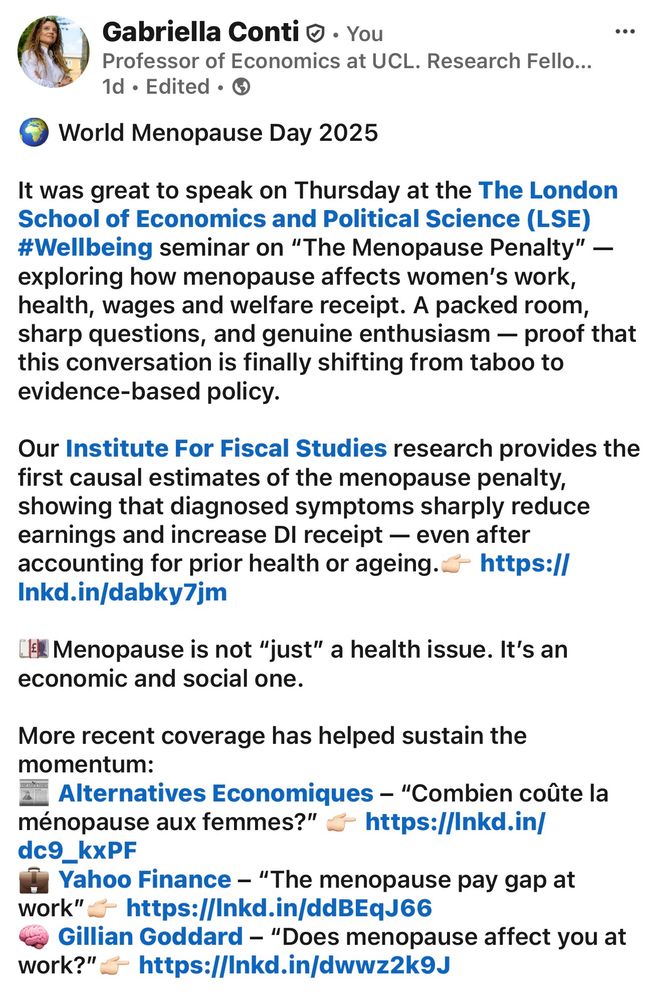



📉 1️⃣st causal evidence based on large-scale admin data on how diagnosed menopause affect women’s work, wages & welfare receipt
💡More work is ongoing!
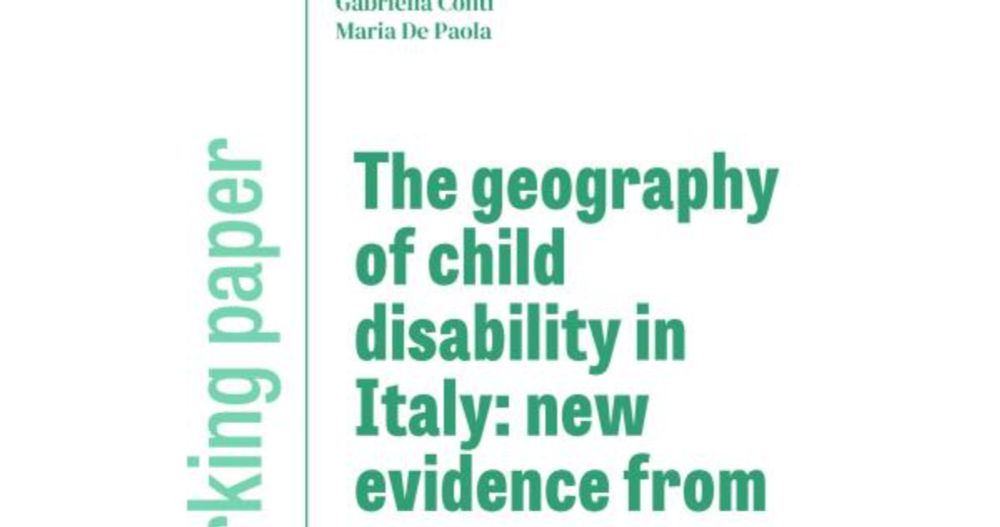
➡️ The geography of child disability is the geography of inequality — but new data can guide smarter policy.
📄 paper 👉 ifs.org.uk/publications...
(n/n)
💶 Expand financial support for low-income families raising disabled children.
(7/n)
🎯 Target resources and interventions in regions with higher disability rates — especially southern Italy.
🏥 Improve socio-economic and environmental conditions + strengthen healthcare quality and accessibility through specialist services & telemedicine.
(6/n)
Higher disability rates appear where:
• economic vulnerability is high
• employment is low
• avoidable & infant mortality are higher
• families must travel for care (“health emigration”).
(5/n)

Children from the poorest families are almost twice as likely to be disabled as those in the richest deciles — even when using pre-birth parental earnings.
(4/n)


(3/n)





